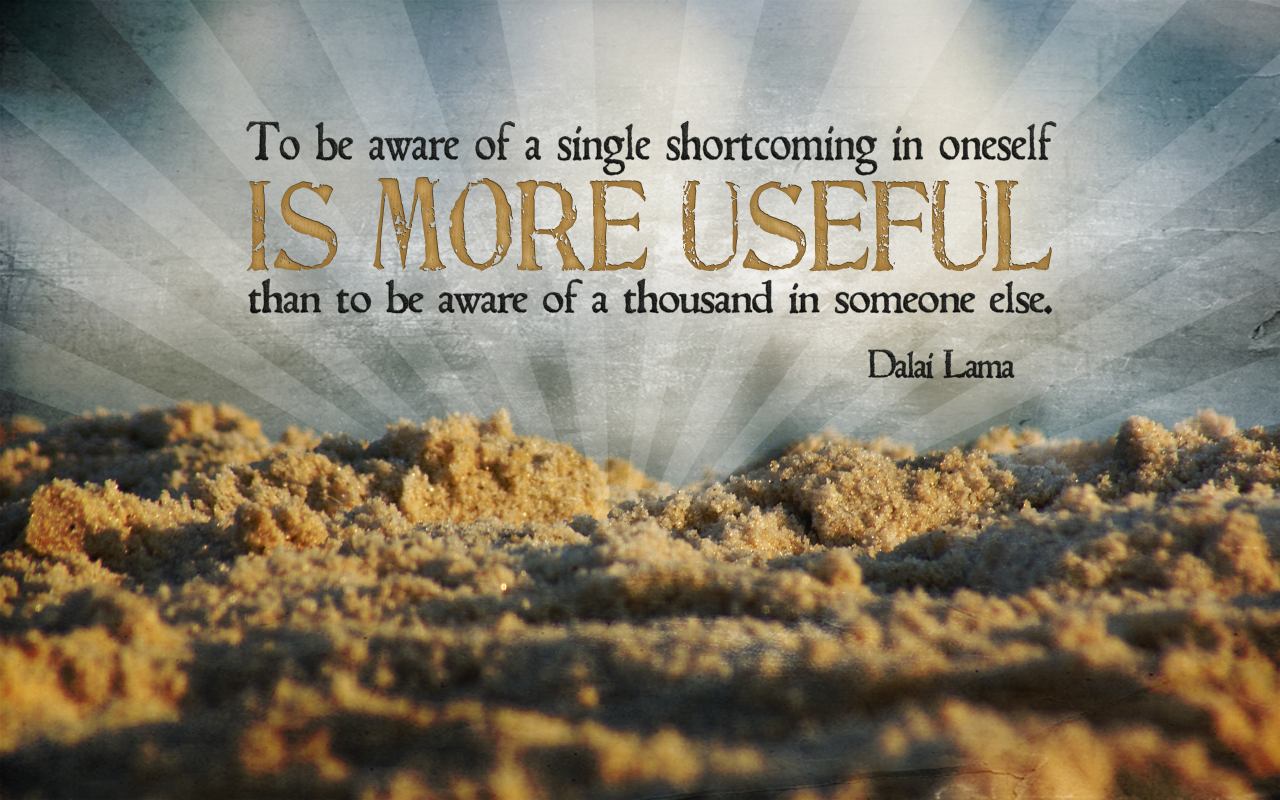“… a mind needs books as a sword needs a whetstone,
if it is to keep its edge.”
George R.R. Martin
Everyone has a little brain fog on occasion. And we all seem more susceptible to it right now as we are released from extended lockdown, get vaccinated, and return to “normal” life.
However, if you find that you are regularly suffering from serious brain fog, there are steps you can take toward improvement. Brain fog, at a minimum, can be frustrating, and at its worst, can limit or ruin your creativity and productivity.
Here are a few steps that can improve your mental clarity:
1. Exercise BODY and MIND.
- Our brains, just like our bodies, need stimulation daily. Most of us tend to feel better and think more clearly after exercise? Plan some mental and physical exercise into your daily schedule.
- Mental exercise can be as simple as working a few brain-teasers or math problems.
- And, physical exercise needn’t be demanding, but it can be helpful to push yourself enough that you’re breathing hard. Remember to choose exercises that are age-and health status-appropriate. I just started doing Tai Chi again, and it works for me.
2. Handle stress.
- Stress is a distraction. This morning I was upset about something and couldn’t think my way through the simplest of routine tasks. Once I let it go, it was smooth sailing the rest of the day.
- Stress also results in abnormal levels of hormones and neurotransmitters that can cloud your thinking as well as your judgment.
- Stress is tough on the body and the mind.
- Actively work to lower stress levels to reach your best thinking.
3. See Your Doctor
- Get a checkup if you’re having issues with mind fog and nothing else seems to be helping.
- You may have an underlying medical condition contributing to your mental fog.
- Your medications may need adjusting.
4. Look into a healthier diet.
- Unhealthy food can leave us feeling drained, especially mentally.
- There may also be some foods considered healthy but just don’t sit well with our systems.
- It important that you take note of how you feel after eating different foods and use that information to make changes. Experiment and see what you discover.
5. Get enough ZZZzs
- Sleep the right number of hours for you.
- After many years of insomnia, probably professionally induced, I now use an app to monitor the quality of my sleep. This has also helped me make adjustments in my nighttime regimen
- If you’ve ever missed out on a few hours of sleep, you know how compromised your ability to think clearly can be.
- A lack of sleep is a major cause of brain fog.
- Some people suffer from brain fog if they sleep too long.
- It’s not easy to reach 100% alertness if you sleep too long.
6. Hydrate, Hydrate, Hydrate
- An early sign of dehydration is brain fog.
- A tall glass of water every few hours isn’t a bad idea.
- Let your thirst guide you. But not so much that you are up all not going to the bathroom.
Brain fog doesn’t have to be an everyday issue. Take some steps to minimize it. If you try all of these tips and aren’t satisfied with your progress, schedule an appointment with your physician.
Brain fog can potentially be a serious issue but is usually harmless.
Take an active part in maintaining or improving your health!
Chat soon …
Martina
Photo by brijith vijayan on Scopio




